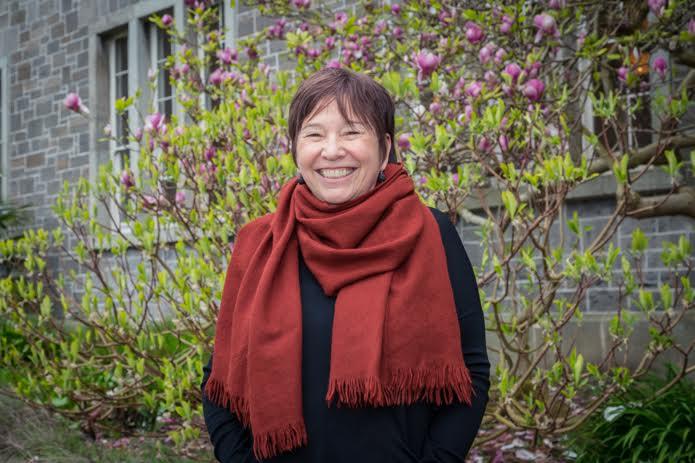

Spotlight on research: forging stronger links between Ireland and India
This week Spotlight on Research speaks to Prof Eileen Connolly, Director of the Ireland India Institute in DCU and a member of the DCU School of Law and Government.
You head up the Ireland India Institute, which looks to build research and cultural connections between the two countries. Why is that so important?
“India is emerging as a global and regional power, and the world itself is in a time of change.
Brexit has made relations with India all the more relevant for the EU, as the UK would formerly have been seen as a link with India, so it’s an exciting and important time to look at how India is changing and how its relationship with Europe is changing at the same time.
We in Ireland have many historical links with India and I think there is a need to increase the awareness of India in Ireland and the opportunities that are there for both countries to enrich each other.”
You are leading a huge project that is about to start – tell us about that.
“Yes the project ‘Global India’ is a European Training Network which was awarded an EU grant of €3.8m - it will be launched on May 18th in DCU.
I am leading the network, which brings together European and Indian universities and non-academic partners from business and civil society.
The project will involve 15 PhD student researching topics including Indian democracy and social inequality, India’s external economic, foreign and security relations and also global environmental politics.
We will be running numerous network events in Europe and India during the four years of the programme, starting the first meeting of the network in May.”
What does being Director of the Ireland India Institute involve?
“At the moment there is a lot of paperwork as we are setting up the EU-funded Global India project.
We are also organising two conferences next month in DCU; one is the first graduate conference on South Asian studies ever held in Ireland and the other is on the debate between India and Europe on climate change.
I’m also getting out and meeting people and encouraging engagement in projects that relate to India or in joint activities with Indian Universities.
There are a lot of funding opportunities that will assist us to reach out and form international networks where they previously did not exist, but people in DCU are squeezed for time, so it’s my role to convince them that it is worth going down this road, that it will be beneficial for the university in the long run.”
Speaking of which, earlier this month you took part in the DCU Fuse, the 24-hour online collaboration about the future of the University. How did you find that?
“It was hectic, but it was a great idea to get people online sharing their insights and ideas.
The technology meant people could think and talk together in a way no other meeting could make possible.
It was energising and I’m looking forward to seeing what new directions come out of it.”
Has DCU’s recent incorporation had an effect on your work too?
“Absolutely – bringing the different institutions together into one university means that cross-disciplinary links are now easier to form.
As an example, when we were organising the upcoming postgraduate conference on South Asian studies, we got a huge response from people carrying out research in literature.
They had a lot of interest in Indian-Irish connections, and I really want to build on that with our new School of English.”
What drives you to keep building the Ireland India Institute?
“I like DCU being internationally engaged and networked, and for me personally India offers many reasons for us to engage.
It is such a fascinating country historically and culturally - you end up loving the food and colours and its political vibrancy - it’s a country I very much enjoy and I am looking forward to building more connections between the EU and Ireland and India.”
